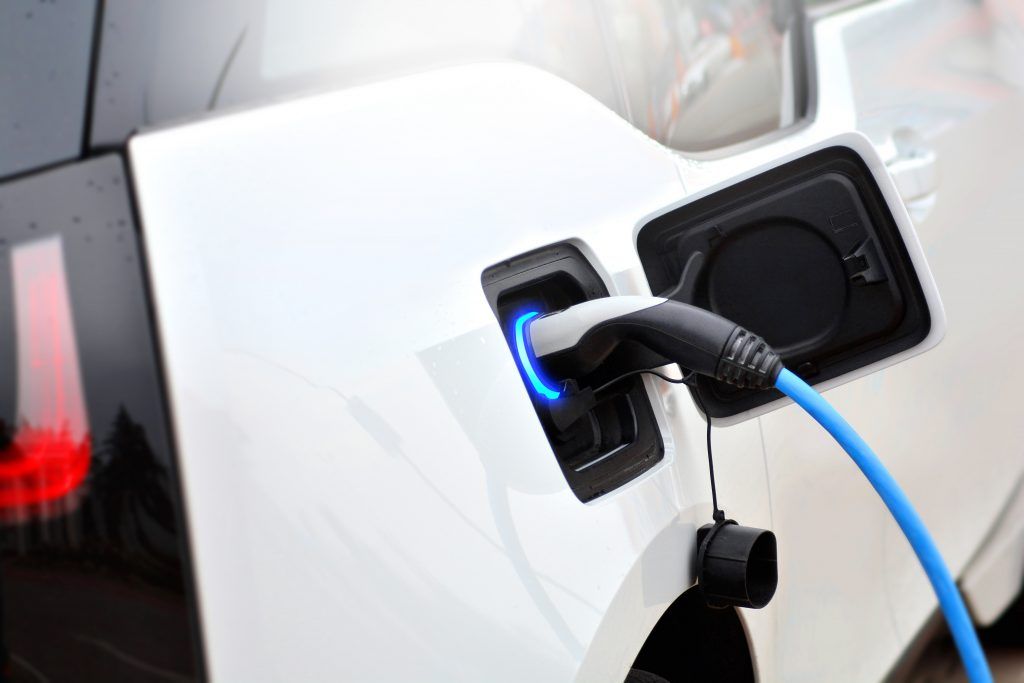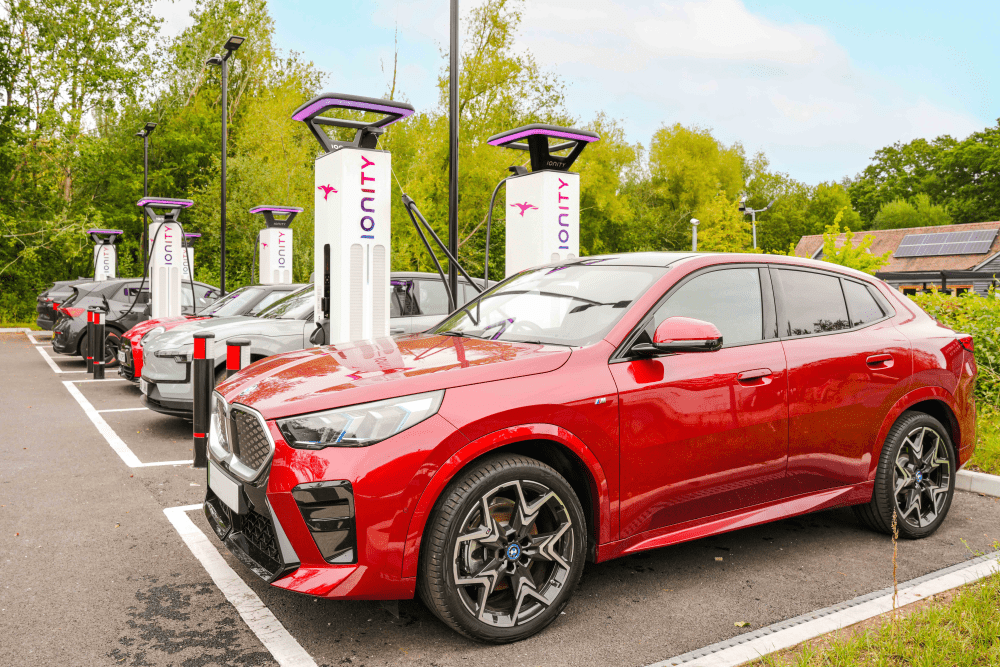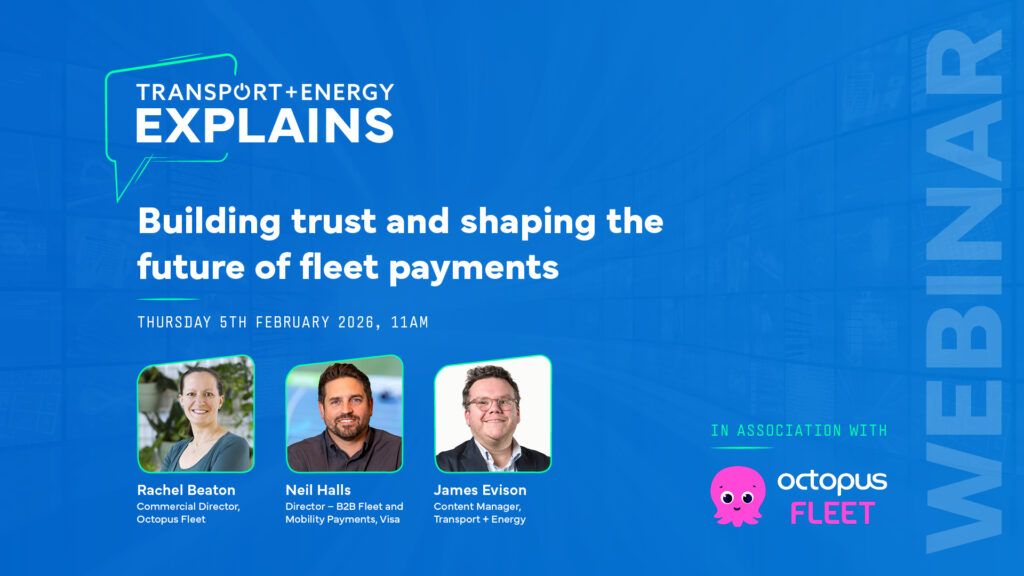The myths and misconceptions about electric vehicles (EVs) are undermining consumer confidence and slowing the transition, according to a recent poll.
The figures from Electrify Research of homeowners in the UK, France, Germany and the USA have discovered that myths and misinformation have penetrated deep into the public consciousness in all four of the countries.
The majority of households – more than 60% – believed across the countries that adoption of EVs replaced one problem (fossil fuels) with another (mining of materials), and in most countries more than 50% believed EV batteries were a fire hazard. Incredibly, in Germany alone it rose to 72% of households thinking EV batteries were a fire risk.
Around a third of households believed EVs also produced more particulate pollution from tyres due to being heavier – although this has been largely debunked by the RAC and other groups – and just under half thought that EV chargers were often out of order.
Quentin Willson, transport campaigner and founder FairCharge, said it was “excellent, but scary research”.
He said: “The FairCharge and Stop Burning Stuff campaigns have been saying how many of the more inaccurate EV myths have become deeply embedded and here’s the proof from Electrify Research. Countering these inaccuracies is becoming ever more important to the energy transition.”
Robert Llewelyn, the founder of Fully Charged, said the research showed that “sadly, misinformation works”.
He said: “But, we are buoyed by the fact that sales of battery electric vehicles – that are already cleaner and greener than combustion engines, and becoming more so – are on the rise all around the world. A clear sign that over time, superior technology will win out, and society will profit from the environmental, health and lifestyle benefits that battery electric vehicles offer.”
Ben Nelmes, CEO of New AutoMotive, said: “There is a mountain of misinformation to be overcome before electric vehicles can go mainstream. This report is a wake-up call for the government and industry to promote many benefits of electric vehicles; as a solution to the climate crisis but also to the cost-of-living crisis in which many motorists are increasingly having to choose between an empty tank or an empty wallet.”










